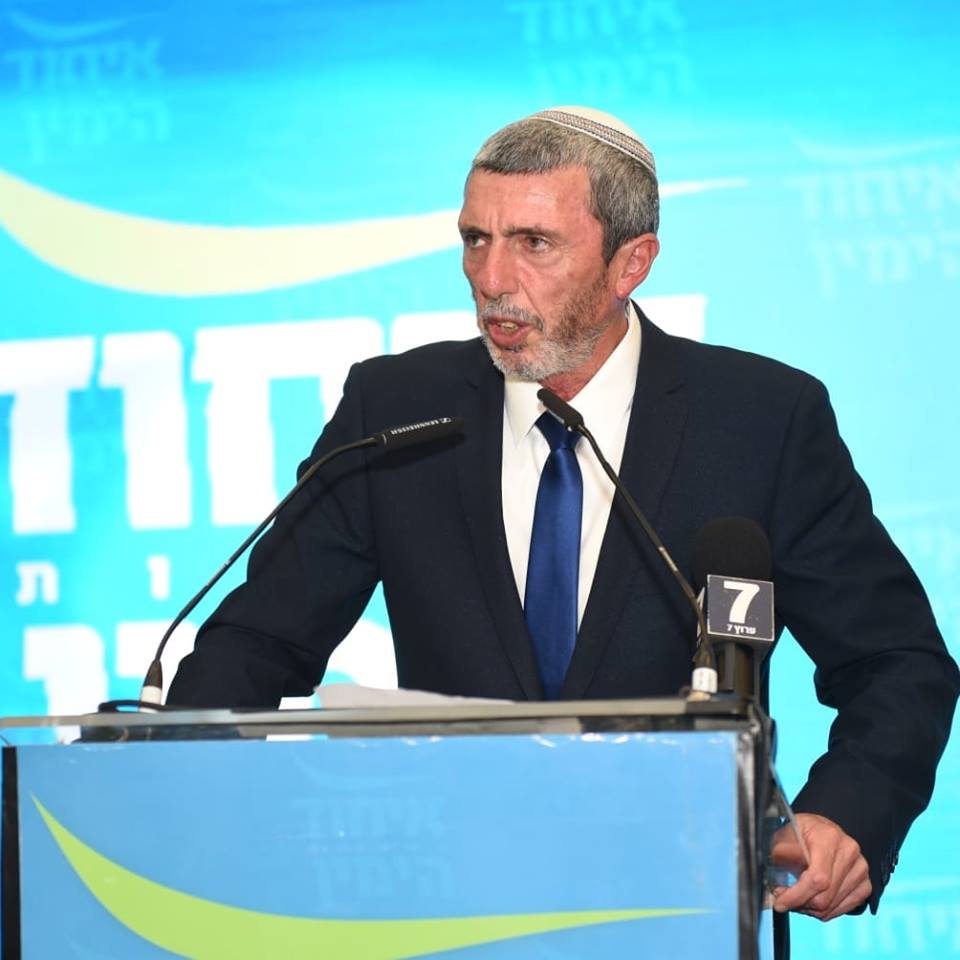News
Israeli minister’s remarks on gays widely condemned

Rafi Peretz, who leads a small religious nationalist party, said in a televised interview over the weekend that he supports conversion therapy and has performed it. (File Photo: רפי פרץ/Facebook)
JERUSALEM — Israel’s new education minister’s remarks in favour of “conversion therapy,” a controversial technique that seeks to turn gays into heterosexuals, came under widespread criticism and led hundreds to protest Sunday.
Rafi Peretz, who leads a small religious nationalist party, said in a televised interview over the weekend that he supports conversion therapy and has performed it. The statement was attacked across the political system, including by the prime minister and other members of the government.
It was Peretz’s second major controversy in just a month on the job. Last week, he elicited uproar, particularly from overseas Jews, when he compared intermarriage between Jews and non-Jews to a second “Holocaust.”
Prime Minister Benjamin Netanyahu wrote on Twitter Sunday that Peretz’s remarks on conversion therapy were unacceptable and “do not represent my government’s position.”
Another member of Netanyahu’s party, Justice Minister Amir Ohana, who is openly gay, said “sexual orientation does not require therapy nor conversion. Preconceived notions and ignorance require therapy and conversion.”
Health officials have said that conversion therapy is scientifically dubious and possibly even dangerous.
Etai Pinkas-Arad, a Tel Aviv city councilman in charge of LGBT affairs, said that conversation therapy can “in some cases cause death by suicidal attempts” and called on Peretz to be fired.
Peretz, a former chief rabbi in the Israeli military, “shouldn’t be holding this position any longer, or relevant position in the future,” he said.
Hundreds protested in Tel-Aviv on Sunday, calling on Peretz to resign.
In recent years, Israel has turned into one of the most gay-friendly travel destinations in the world, with the Tel Aviv pride parade attracting crowds of more than 200,000 people. In Israel, homosexuals serve openly in the military and in parliament and many popular artists and entertainers are openly gay.
Israel’s reputation as a LGBT haven has also caused critics to accuse the country of “pink washing,” or using its tolerance for liberal gay culture to conceal its violations of Palestinian rights.
While Netanyahu likes to boast about Israel’s broad acceptance of gays, he has been attacked by LGBT activists for homophobic comments by members of his coalition, which is dominated by religious and conservative politicians. Last year he was also criticized for voting against surrogacy for gay fathers, presumably under pressure from his Ultra-orthodox coalition partners.





















